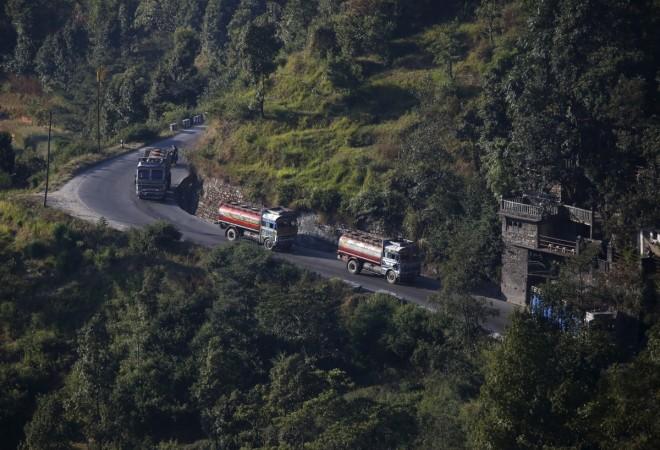
The Nepal Government said on Friday, September 7 that China will allow Nepal access to four of its ports, allowing the landlocked country to end India's monopoly over land trading route, reports Reuters.
At the moment, Nepal, which is wedged between China and India and depends almost entirely on India for supply of essential goods including petroleum products and uses it ports for carrying out trade with other countries.
After its border crossings with India were blocked in 2015 and 2016 for several months which led to severe shortages of medicines, fuel and other essential supplies, Nepal requested China to allow access to its ports to reduce dependence on India.
According to a statement by Nepal's commerce ministry, officials from both countries finalised a protocol during a meeting in Kathmandu on Friday, September 7 giving Nepal rights to the use of ports at Tianjin, Shenzhen, Lianyungang and Zhanjiang.
The statement also said that China has allowed Nepal to use dry ports at Lanzhou, Lhasa and Xigatse as well as the road network connecting these with Nepal. Once the protocol is signed, the agreement will come into effect.
Rabi Shankar Sainju, a commerce ministry official, told Reuters that cargo bound for Nepal from Japan and Korea can be routed through China under the agreement and this would not only save time but cut shipping costs.
At the moment overland trade is routed through Kolkata and this takes nearly three months. India has also opened the Vishakhapatnam port in the south for Nepali trade.
However, the response of traders to the development has been lukewarm because of the poor roads and lack of customs infrastructure on the Nepalese side. What also doesn't help matters is the distance from the border to the ports. The nearest Chinese port is more than 2,600 km from the Nepalese border.
"We need to develop proper infrastructure for hassle-free access to the Chinese ports. Just opening of ports will not do much," Anup Malla, a carpet exporter, told Reuters.
China is challenging India's dominance in Nepal by providing the country aid and investment and is in talks to build a rail link between the two countries and construction of an electric transmission line. A free trade agreement is also on the cards.









